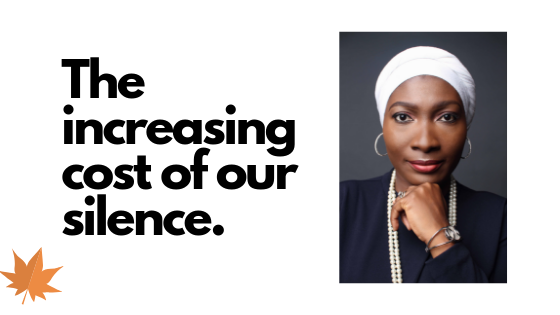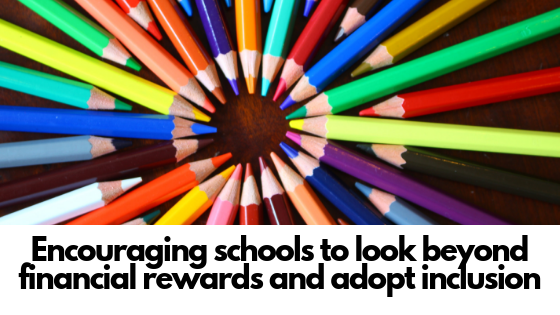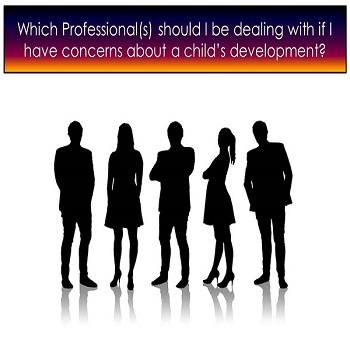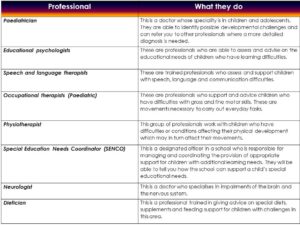
Last month I went to a primary school to do a book reading. This book reading program is a pioneering initiative of The Winford Centre for Children and Women called ‘Inclusion Starts With Me’. As part of the initiative, we visit primary schools and read books about inclusion and disabilities to children. We also encourage them to ask questions and champion the inclusion cause.
So, at this particular school, the book I read to the kids was about a girl who has cerebral palsy and uses a wheelchair but is thriving despite her challenges. At the end of the story, I asked if anyone would like to be the girl’s friend. Some kids said yes but some others said no. I then asked those who said no for their reason and one of them answered saying “I won’t like to catch what the girl has.” Yes, you read right! Some children (and adults) think disabilities are contagious diseases!
This is the whole point of my story and this post. Either due to the lack of information or as a result of being given the wrong information, these children have a perception of disabilities which affects the way they relate with other kids who have disabilities. A perception which if not corrected can lead them to become adults who are misinformed and result in a society which will still not be inclusive despite efforts through SDGs to change the narrative.
As parents, adults and leaders, we have a responsibility to ensure that children have access to the right information about the realities around them. We have a responsibility to ensure that children are taught about empathy and kindness. Most importantly, we have a responsibility to ensure that these children grow into better adults than we ever could be. If we need to change the way we see the world in order to change the world, then we must be prepared to do it.
So here are my questions to you:
1. What are you telling the children around you about disabilities?
2. Are you willing to be an inclusion champion?
If you would like us to visit your school for a reading session, please send an email to basirat.rshuaib@thewinfordcentre.org




